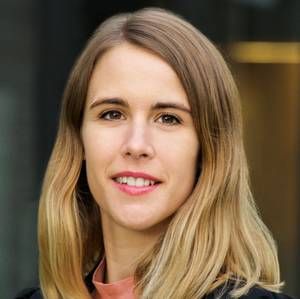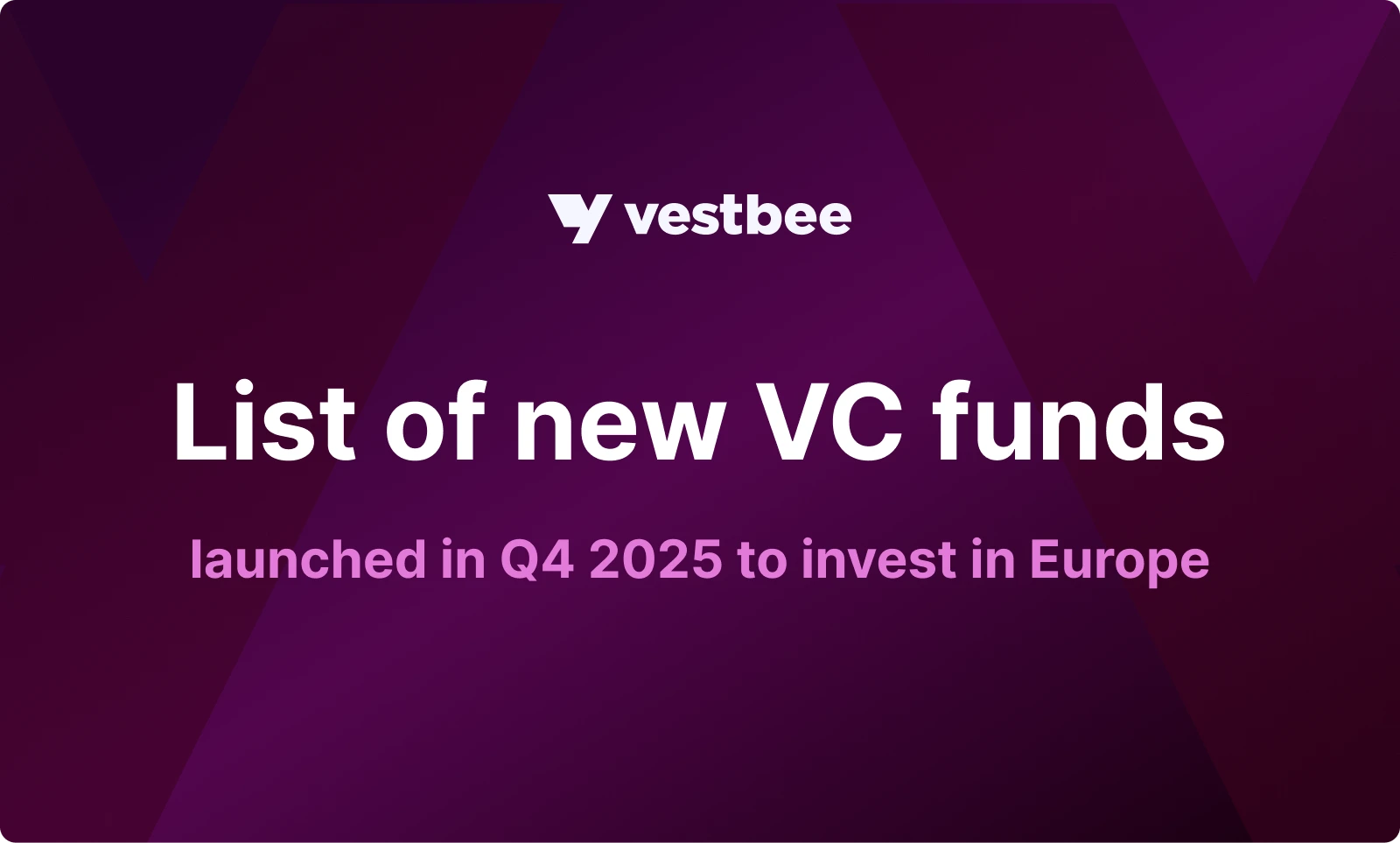500 Istanbul is a €50M early-stage VC fund, under the broader 500 Startups network, focused on defensible technology companies created by Turkish and Eastern European teams. The fund’s mission is to back seed-stage companies targeting sizable markets and help them scale globally. Over the past 5 years, they have invested in 45 companies that have collectively raised $850M+ from top tier funds around the globe. These companies include unicorns and soonicorns like Carbon Health, BillionToOne, Insider, Plum and Firefly.
Fund Strategy Overview
Geography: Eastern Europe and Turkey
Preferred industries: Agnostic
Investment ticket: €500k+
Company stage: Pre-seed and Seed
Product type: Software or hardware enabled software
Product stage: Prototype / MVP
Revenues: It's boring to invest in companies with revenue ;)
Q&A with Enis Hulli, General Partner
What are the 5 main things you look for in a startup?
Investors claim they look for different parameters whether that’s the technology, traction, metrics, competitive market dynamics etc, but it eventually always boils down to the team – especially in early-stage investing. The team’s domain expertise, know-how, their understanding of the technology and their vision play a vital role. Any questions we ask or expectations we set with regards to traction, customer metrics or technical due diligence, are just data points for us to validate the team’s execution capabilities.
What disqualifies a startup as your potential investment target?
If we cannot put enough trust in the team, then obviously we stop considering. The next reason for startup disqualification appears when some businesses and opportunities do not fit our investment thesis due to their limited upside potential coming from competitive market dynamics or purely the size, maturity and growth of the market. Other than these, we are industry agnostic and can invest anywhere from pre-seed to Series A, with a tendency towards pre-seed.
What in your opinion differentiates the best founders from the rest?
A founder’s job is to remove obstacles along the way whether that’s team building, customers, partners, fundraising, or product. Best founders have the necessary experience, domain expertise and the network that enables them to build a stellar team, quickly iterate with the product and the go-to-market strategy, validate product-market-fit and raise capital to scale these efforts. When you encounter such a team, it is obvious that the company will be successful with or without you being a part of it. Best founders also have the capability to pivot and replace anything that is not working including product, target customers, market or even early employees or cofounders. It is tough to find such great teams led by outstanding founders, however, not hard to identify when you see one.
What startups should take into account before making a deal with a VC fund?
Founders can’t forget that it is their company and they should be the ultimate decision-maker. With that in mind, they should only get venture capitalists that share that perspective on board. We like comparing investors to fans in the stadium, cheering from the sidelines for the team to win. That is why founder-friendly terms and keeping full control by the founder are critical.
What is your approach to startup valuation and preferable share in the company?
Our entry valuation can be as low as €2M and as high as €15M depending on the stage of the company and the investment type. Our investments in Western Europe and the US tend to be much higher than the deals we do in CEE and Turkey. Our goal is to take a minimum of 5% and a maximum of 15% ownership with an initial investment between €250k-€1M.
How do you support your portfolio companies?
The two essential support we’ve provided to our portfolio companies thus far, have been founder coaching and access to downstream capital. Leveraging the 500 Startups network, we were able to connect our founders with relevant investors worldwide and this has translated into $100M+ in follow-on capital through our introductions alone.
Apart from that, we utilize other 500 Startups funds, partners, mentors and portfolio companies to help our startups expand regionally. We are able to provide key introductions to potential customers and partners, that enable our portfolio companies to jumpstart operations in different regions. With Fund II, we are also internalizing an HR function and growth support. Our goal is to go beyond that and internally hire specialists from different fields that will take our assistance to the next level.
What are the best-performing companies in your portfolio?
Definitely worth distinguishing are our 1 unicorn, 1 soonicorn and 5 centaurs (valued at $100M+). These companies including Carbon Health, BillionToOne, Insider, Firefly, Plum and Structionsite have collectively raised $700M+ in funding.
What are your notable lessons learned from investments that didn’t work out as expected?
We are in the business of investing in entrepreneurs who are looking to build very large companies in a short amount of time. Given the risks that we are taking as an investor and the risks that an entrepreneur should take with the raising capital, failure isn’t always a bad thing. We try to find entrepreneurs who would take unnecessarily large risks, with a slim chance that it may yield even larger results. From that perspective, each failure doesn’t come with lessons but some do.
Founding team’s passion to solve the problem they are attacking, their vision of the future and the culture that they are trying to build are vital for success. One of the main learnings was that it doesn’t make a difference how good a deal looks in terms of traction, target market or upside potential, if these core elements are not perfectly aligned, then nothing else matters.
What are the hottest markets you currently look at as VC and where do you see the biggest hype?
Due to Covid-19, a lot of technology opportunities that were possible but weren’t feasible, actually became feasible. Any technology that enables remote access and management, ranging from health tech to construction saw increases in its digital adoption. Some Fund I companies were best positioned to ride that wave and in return were able to grow exponentially over the past 2 years. We see a similar trend towards infrastructure enablement in various industries, starting with fintech, but also in health tech, insurance, commerce, and cyber security.
In your view, what are the key trends that will shape the European VC scene in the coming years?
Europe has a much more liquid and geographically fluid VC scene compared to a few years ago. The number of regional funds has drastically grown and this trend will continue. Funds are now investing across multiple countries and the bridges between various startup communities are stronger than ever. This shift has to prevail for Europe to start competing with the US over the next decade. We need to become one huge ecosystem, rather than a bunch of local ecosystems scattered around the continent.
I believe we will have more mega funds in Europe, which will create more mega rounds and lead to more decacorns from Europe. In the meantime, there is huge competition for deals between European and US-based VC funds, and entrepreneurs are benefiting greatly from it. The continued success of the European startup scene is inevitable now.
Related Posts:
VC Of The Month - LAUNCHub Ventures (by Magdalena Balcerzak, Manager, Vestbee)
VC Of The Month - Next Road Ventures (by Magdalena Balcerzak, Manager, Vestbee)
VC Of The Month - UNIQA Ventures (by Magdalena Balcerzak, Manager, Vestbee)






